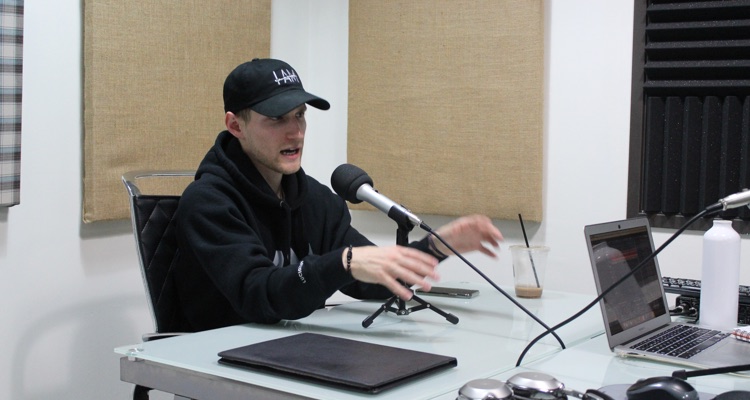


They make every effort to give artists the resources they need to thrive on the platform. Second, though their users are their first priority, they certainly don’t keep artists in the dark. That’s important information when you’re trying to gather a fanbase. And for artists and bands, this means that Spotify can accurately predict which specific people will like your music. Simply put: they’re really good at connecting listeners with new music they will love. Even if it is kind of Orwellian in how accurately it knows people, their algorithm is absolutely brilliant. And their algorithmic playlists, like Release Radar, Discover Weekly, and Daily Mix, are designed to know exactly what users want to hear, exactly when they want to hear it. Their editorial playlists, curated by experienced industry professionals, cover every genre you could claim to fit into. Spotify unashamedly puts their listeners first in every way they can (as they say when answering artists’ questions here ). In my opinion (based on personal experience and talking with people who have used all of the main streaming services as listeners and artists), this is true for two reasons:įirst, they are undeniably the best at curating content for their users. Spotify is the largest, most popular music streaming service in the world.

If you’re already pretty familiar with Spotify’s model and the services they provide for users and artists, go ahead and skip this section. Why should I care about doing well on Spotify? For now, let’s just say that both of these things are crucial for artists who are looking to do well on Spotify. More on both of these later (see How do Spotify pre-saves help growth? ). These are called algorithmic playlists, and they’re really important.


 0 kommentar(er)
0 kommentar(er)
